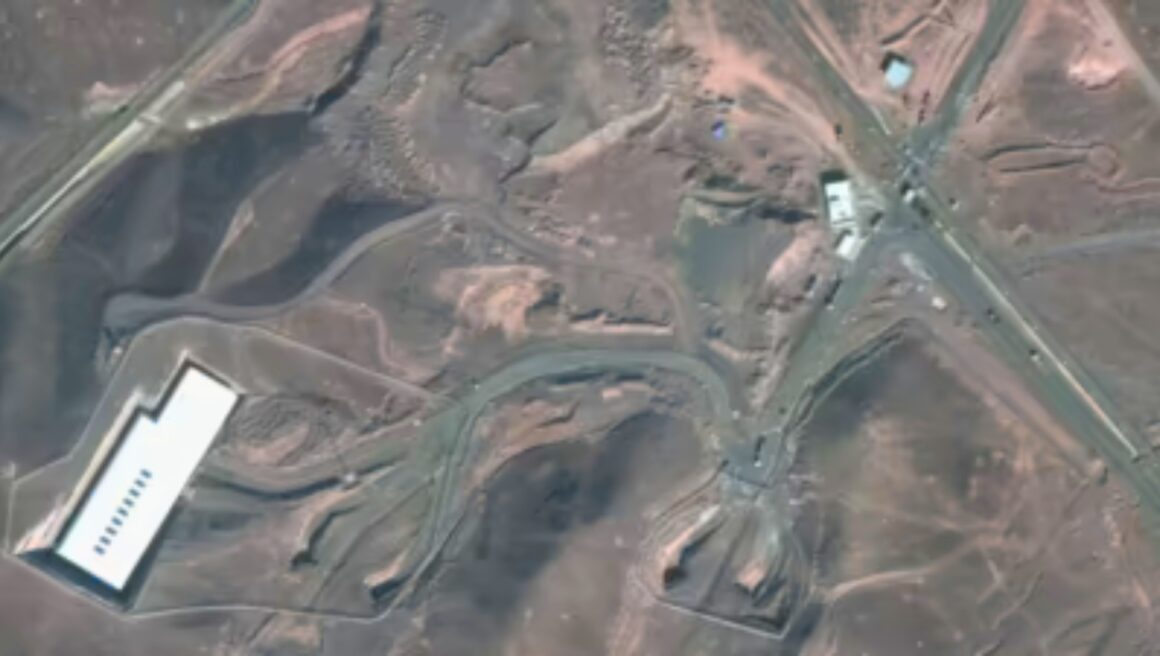Let’s not pretend this is about deterrence. Let’s not drape another round of bombing in the tired rhetoric of “restoring stability” or “sending a message.” The latest US airstrikes on Iran—because, yes, that’s what they are, no matter how many intermediaries we hide behind—aren’t some calculated chess move. They’re the equivalent of throwing a Molotov cocktail into a room already soaked with gasoline and then acting shocked when the whole place explodes.
We’ve been here before. A provocation—maybe a drone strike, an attack on an oil tanker, a shadowy militia lobbing rockets at some base where American troops sit like ducks in a carnival game. Washington responds with “precision strikes,” the Pentagon briefs the press with cool, clinical jargon, and the headlines dutifully report “measured retaliation.” But measured for whom? The civilians caught in the crossfire? The region bracing for another decade of blowback? Or the politicians back home who get to flex their muscles without ever setting foot in the warzone they’re creating?
Let’s talk about the absurdity of it all. The US airstrikes on Iran—or more accurately, its proxies, because we love a good game of plausible deniability—aren’t even pretending to solve anything. They’re performative. A spectacle of force designed to convince voters, allies, and maybe even ourselves that we’re still in control. But control of what? The Middle East hasn’t been “controlled” since the Ottomans fell, and every bomb we drop just adds another log to the fire. Remember Iraq? Afghanistan? Syria? How’d all that nation-building work out?
And don’t give me that line about “deterring aggression.” If decades of US military dominance have taught us anything, it’s that bombs don’t deter—they radicalize. They create martyrs. They turn local grievances into global crusades. Every time we flatten another building in the name of security, we hand our enemies a recruitment flyer written in blood. But hey, at least the defense contractors get their payday.
What’s truly galling is the hypocrisy. The same politicians who scream about sovereignty when it comes to the US border have no problem violating Iran’s airspace whenever it’s convenient. The same pundits who clutch their pearls over Russian or Chinese aggression cheer when we do the exact same thing—just with better PR. The rules-based order, my ass. This is pure power politics, dressed up in moralizing language to make the pill easier to swallow.
And let’s not forget the human cost. The US airstrikes on Iran’s affiliated forces might be a footnote in Washington, but they’re front-page news in Baghdad, Damascus, and Tehran. There are families—real people, not just “collateral damage” in some Pentagon spreadsheet—who will spend tonight burying their loved ones. But who cares, right? As long as the bombs are “precision-guided,” we can sleep soundly, knowing we’re the good guys.
Here’s the bitter truth: this isn’t strategy. It’s addiction. The US is hooked on military intervention the way a gambler is hooked on roulette—always convinced the next bet will finally pay off. But the house always wins, and in this case, the house is chaos. We’ve spent trillions, lost thousands, and destabilized an entire region, all while the problems we claim to be solving only get worse. When does it end? When the next administration decides to double down? When we stumble into a full-blown war with Iran because some general thought a few more airstrikes would “change the calculus”?
We’re past the point of pretending this is about security. It’s about ego. It’s about legacy. It’s about refusing to admit that maybe—just maybe—dropping bombs isn’t the answer to every problem. But try telling that to the war machine. It’s got too much momentum, too many careers riding on its continuation, too much money to be made.
So here we are again. Another strike. Another escalation. Another cycle of violence with no end in sight. And the most tragic part? We’ll all act surprised when it blows up in our faces. Again.


Leave a Reply